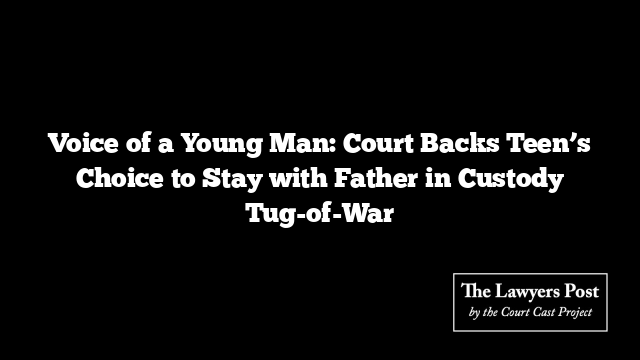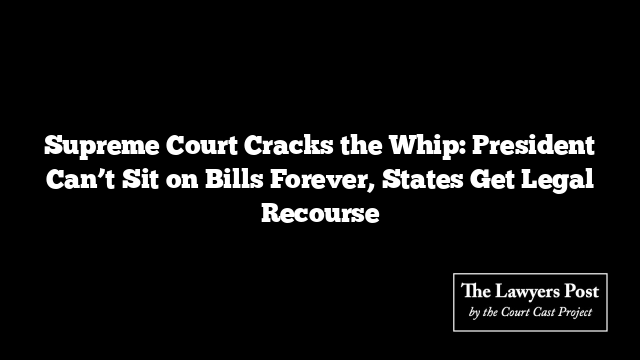In a case that pulled at the seams of legal custody and adolescent autonomy, the Bombay High Court in Goa took a stand — not just for a minor, but for the maturing voice of a 15-year-old determined to decide for himself.
The teenager had lived in Canada with his mother for nearly five years, following his parents’ mutual-consent divorce in 2019. According to the original agreement, she had primary custody, while his father, based in Goa, was allowed annual visitation for up to 56 days. But what began as a routine holiday visit this March spiraled into an international standoff — the boy never returned.
The mother rushed to court, alleging that her son had been abducted. She accused the father of trickery, forgery of travel documents, and damaging their son’s future by derailing his academic momentum in Ontario, where he was reportedly excelling. Virtual schooling, she argued, wasn’t enough — not for a high-achiever with dreams beyond borders.
But the father stood his ground. He told the court the boy had made a conscious decision to stay in India, and he wasn’t holding him against his will. The teen had already been enrolled in Ontario Virtual School, which offered the same diploma curriculum. There was no abuse, no threats, no coercion — just a boy, choosing.
The High Court took the rare step of speaking directly with the teen. What they heard wasn’t confusion or coercion. It was clarity. A young man brimming with emotion, yes — anger, even — but also with conviction.
“He is not at the age to feel bound by the decision taken for him by others, including the Court itself,” the judges observed, recognizing that while the boy remained legally a minor, his mind was already charting a course of its own.
Despite the mother’s urgent plea to bring her son back to Canada, the Court refused to override his choice. Her custody rights remain intact on paper, but she was urged to respect his decision and support his schooling — even from afar. The father was instructed to ensure ongoing, meaningful communication between the boy and his mother, giving their strained bond a chance to mend.
In the end, the Court didn’t just rule on a custody dispute. It listened — not to lawyers, not to paperwork — but to the unmistakable voice of adolescence demanding to be heard.





